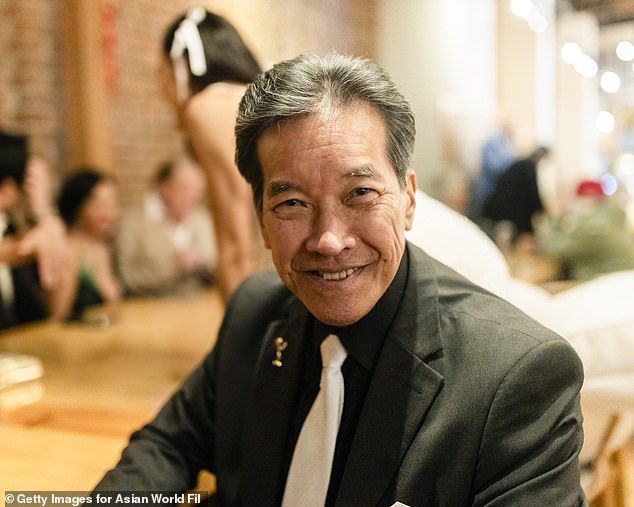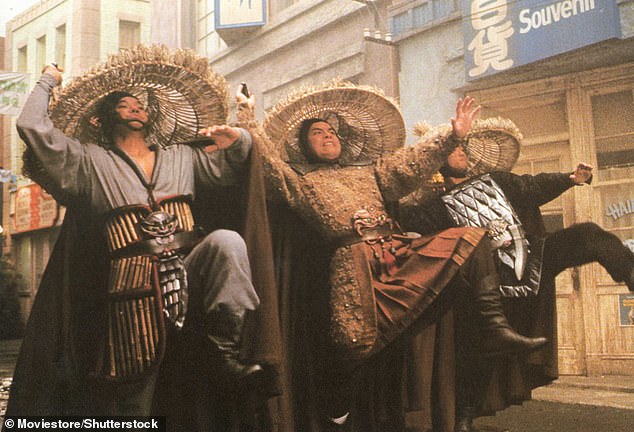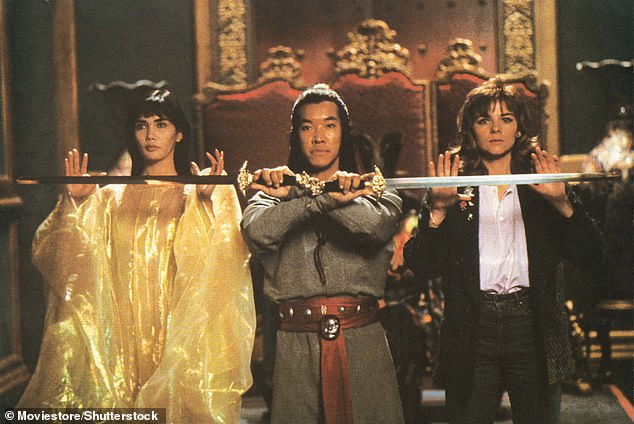Peter Kwong, the actor and martial arts expert best known for his role in Big Trouble in Little China, has died aged 73.
Kwong played Rain, one of the mystical martial arts enforcers known as the Three Storms, in John Carpenter’s 1986 cult classic.
According to his representative, he passed away peacefully in his sleep Tuesday night.
A Sacramento native, Kwong launched his screen career in the late ’70s, landing roles in popular series like The A-Team, Wonder Woman, Little House on the Prairie, and Miami Vice.
His breakout came with Big Trouble in Little China, where he starred alongside Kurt Russell and Kim Cattrall. Though the film flopped at the box office—earning just $11 million on a $20 million budget—it later gained cult status.
Kwong also appeared in 1986’s Never Too Young to Die, opposite John Stamos and Vanity, and had a role alongside Eddie Murphy in The Golden Child.

Peter Kwong, the actor and martial arts expert best known for his role in Big Trouble in Little China , has died aged 73; (seen in 2024)

Kwong played Rain, one of the mystical martial arts enforcers known as the Three Storms, in John Carpenter’s 1986 cult classic

His breakout came with Big Trouble in Little China, where he starred alongside Kurt Russell and Kim Cattrall . Though the film flopped at the box office—earning just $11 million on a $20 million budget—it later gained cult status
Kwong was deeply involved in the entertainment industry beyond his acting work, per Variety.
He spent over a decade serving on the SAG National Board of Directors and was also part of the AFTRA National Board.
His dedication extended to leadership roles within the Television Academy’s Board of Governors and the Actors Branch Executive Committee of the Academy of Motion Picture Arts and Sciences.
Tributes and condolences poured in across social media, with fans fondly remembering Kwong’s iconic role in Big Trouble in Little China.
One fan wrote, ‘Oh no. Condolences to his family,’ while another added, ‘These Asian actors who played the 3 gods are so iconic. I am not sure of the reality but I suspect this motivated Mortal Kombat’s Raiden.’
Yet another chimed in, ‘Wang vs Rain fight scene was bad ass! Rest in peace!’
Kwong, born April 9, 1952, launched his acting career in the mid-1970s and quickly became a familiar face on television with roles in Wonder Woman, Black Sheep Squadron, and throughout the ’80s with appearances on Cagney & Lacey, Dynasty, The A-Team, Miami Vice, and many others.
Trained in both comedy and drama through institutions like East West Players and The Groundlings, Kwong sustained a steady career well into the 2020s.
His film work included titles such as The Presidio, Gleaming the Cube, Paper Dragons, Cooties, and I’ll Do Anything.
On television, he took on a wide range of guest roles in shows including General Hospital, JAG, Sisters, Drake & Josh, The Wayans Bros., Lethal Weapon, and King of the Hill.
‘He had a wonderful life and career,’ Kwong’s longtime friend Peter R.J. Deyell told Deadline.
‘I watched him fight for the things he believed in, and I championed him for that. At the TV Academy, we were both very active and sometimes joked about being in the Pin Club as we always wore our pins. He was always a gentleman and willing to help.’
An outspoken advocate for representation, Kwong was among those who signed a 2016 letter denouncing racially insensitive jokes during that year’s Oscars.
Reflecting on the moment, he told Deadline: ‘I was there at the Academy Awards, and I was shocked because [Academy President] Cheryl Boone-Isaacs went up and talked about diversity and then right after that comes the jokes from Chris Rock and Sacha Baron Cohen. Some people have the attitude, “Why can’t you have a sense of humor?’ and ‘in humor there are no boundaries.” It’s because it gives people permission to not only continue it but to escalate it as well.’
The Academy eventually issued an apology for the “tone-deaf” portrayal of Asians during the broadcast.
Kwong was honored in 2023 with the Snow Leopard Award for Outstanding Cinematic Achievement at the Asian World Film Festival, a recognition that capped off his decades-long contribution to film, television, and advocacy.












